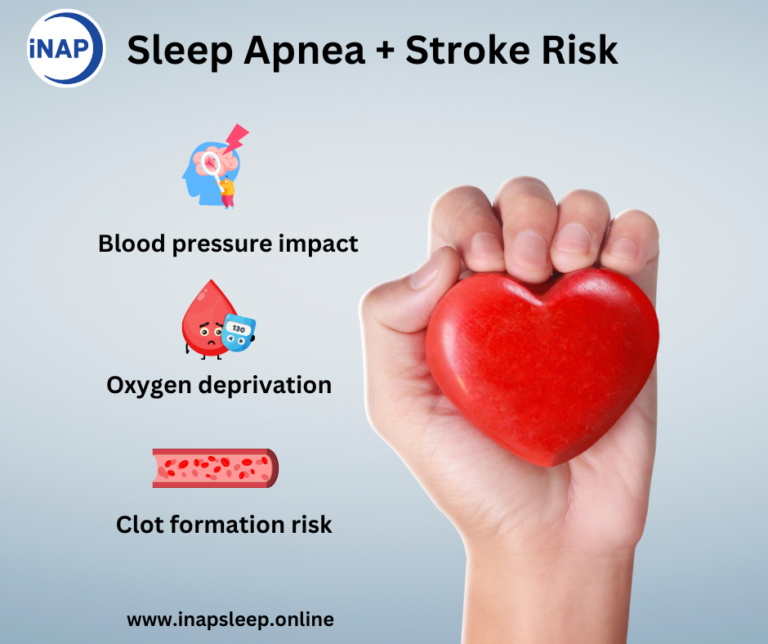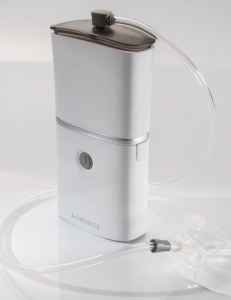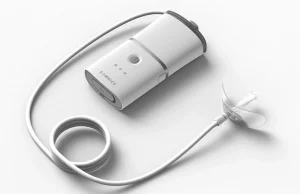
Sleep apnea, a common sleep disorder, has become a subject of growing concern due to its intricate relationship with cardiovascular health. Beyond its disruptive impact on sleep patterns, sleep apnea has been closely linked to a range of cardiovascular conditions, including hypertension, coronary artery disease, stroke, and irregular heart rhythms.
While sleep apnea is often associated with daytime fatigue and snoring, it is crucial to recognize its impact on cardiovascular health. In this article, we will explore the relationship between sleep apnea and cardiovascular diseases, delve into the potential risks involved, and discuss preventive measures to safeguard your heart health.
The Connection Between Sleep Apnea and Cardiovascular Health: Sleep apnea has been closely linked to various cardiovascular conditions, including high blood pressure, heart disease, stroke, and irregular heart rhythms.
The repetitive episodes of decreased oxygen levels during sleep can trigger a cascade of physiological responses that increase the risk of developing these cardiovascular issues.
Hypertension (High Blood Pressure): Sleep apnea and hypertension often go hand in hand. The pauses in breathing cause temporary increases in blood pressure, and over time, this can lead to sustained high blood pressure levels. Additionally, sleep deprivation caused by sleep apnea can disrupt the body’s natural regulation of blood pressure, further exacerbating the condition.
Coronary Artery Disease and Heart Attacks: The decreased oxygen levels during sleep apnea can strain the cardiovascular system, leading to the development or progression of coronary artery disease. The restricted blood flow to the heart can cause chest pain (angina) or potentially trigger a heart attack. Individuals with sleep apnea are at a higher risk of experiencing cardiovascular events, especially if other risk factors, such as obesity or smoking, are present.
Stroke: Sleep apnea has been identified as a significant risk factor for stroke. The intermittent drops in oxygen levels can lead to the formation of blood clots and increase inflammation in the blood vessels, increasing the likelihood of a stroke. Furthermore, the disrupted sleep patterns and oxygen deprivation can contribute to other stroke risk factors like hypertension and atrial fibrillation.
Preventive Measures for a Healthy Heart:
Recognizing the link between sleep apnea and cardiovascular health is crucial for taking preventive measures. Here are some strategies to reduce the risks associated with sleep apnea:
Seek Diagnosis and Treatment: If you suspect you have sleep apnea or experience symptoms such as loud snoring, excessive daytime sleepiness, or observed breathing pauses during sleep, consult a healthcare professional. Take our telehealth evaluation today! Treatment options may include lifestyle changes, iNAP sleep apnea treatment plan – A proven solution for mild, moderate or severe OSA.
Maintain a Healthy Lifestyle: Adopting a heart-healthy lifestyle can significantly reduce the risks of cardiovascular issues associated with sleep apnea. Focus on regular exercise, a balanced diet rich in fruits, vegetables, and whole grains, and weight management if necessary. These lifestyle changes can improve sleep quality, lower blood pressure, and promote overall cardiovascular well-being.
Collaborate with Your Healthcare Team: Maintain open communication with your healthcare team, including your sleep specialist and primary care physician. They can provide guidance, monitor your cardiovascular health, and suggest additional preventive measures based on your individual needs.
The interplay between sleep apnea and cardiovascular health is an undeniable reality that cannot be ignored. As we have explored in this article, sleep apnea poses substantial risks to the heart, including hypertension, coronary artery disease, stroke, and other cardiovascular conditions. Recognizing and addressing this connection is crucial for safeguarding our cardiovascular well-being.
By seeking proper diagnosis, adhering to treatment plans, and making lifestyle adjustments, individuals can mitigate the risks associated with sleep apnea and promote a healthier heart. Compliance with recommended treatments, such as iNAP therapy or other approved therapies, can effectively manage sleep apnea, improve oxygen levels, and reduce the burden on the cardiovascular system.
Regular communication with healthcare professionals, ongoing monitoring, and necessary adjustments ensure optimal management of sleep apnea and its impact on cardiovascular health. By taking proactive steps, we can improve sleep quality, alleviate cardiovascular risks, and enhance overall well-being.
Remember, sleep apnea is not merely a sleep disorder; it has far-reaching implications for our cardiovascular health. Let us remain vigilant, prioritize our sleep, and work collaboratively with healthcare providers to protect our hearts from the hidden dangers of sleep apnea. Together, we can promote healthier sleep and healthier hearts for a better quality of life.




